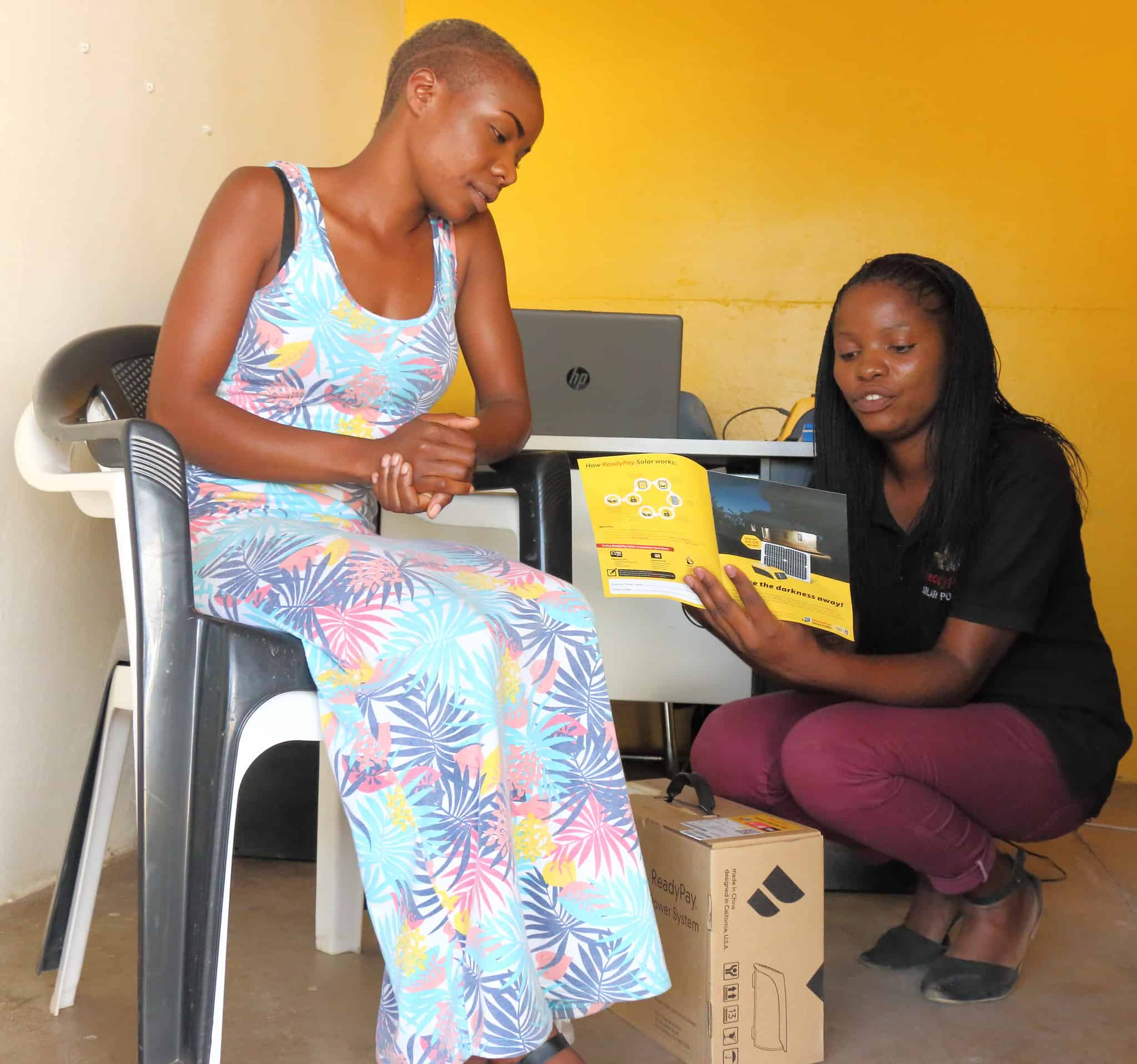With investment and ambition growing every year, the rise of renewables can seem unstoppable. But to spark a truly global energy transition, we must tackle an enormous challenge – the lack of clean energy skills, particularly in low-income countries.
In response, energy companies of all sizes can work with governments, academia and other stakeholders to create a workforce ready for tomorrow’s energy systems. Doing so will radically expand energy access around the globe.
This piece first appeared at Frontier Energy Network
Through the UN Sustainable Development Goals, the world has committed to achieving universal energy access by 2030 (SDG7). But we not on course to reach that goal, and doing so will require a much larger clean energy workforce. In Sub-Saharan Africa – where, in some countries, rural electricity access can be as low as 10% – there are just 179,000 people employed in the renewable energy sector, compared to 1.3 million in the EU.
Skills shortfalls are a key factor. Late last year, the International Renewable Energy Agency reported “a growing shortage of job-ready talent to finance, develop, install, operate and market energy solutions.” Entrepreneurs in our network constantly bemoan the lack of management skills.
Thriving renewables sectors can be powerhouses of employment and economic activity. A KPMG study found that by 2030 domestic manufacturing of solar energy equipment could save India USD 42 billion in equipment imports and create as many as 50,000 direct and 125,000 indirect jobs over a five-year period.
Renewables growth in low or middle-income countries can happen at lightning speed. From 2018 to 2019, Mexico’s solar PV capacity almost doubled, from 2.5GW to 4.4GW. In the same period, jobs in the Philippines linked to the expanding solar industry grew from 20,800 to 33,700.
However, rapid progress is not universal or guaranteed – and some countries are going backwards. Coronavirus meant that the number of people without energy in sub-Saharan Africa rose from 2019 to 2020. In less well-off countries, a supportive ecosystem is urgently needed to push forward energy access.
Poverty and gender inequality are among the factors blocking many people from a career in clear energy. Globally, just 32% of jobs in renewable energy are held by women. In India, Kenya and Nigeria the figure is 25%. Industry insights gathered by clean energy experts Power for All suggest gender stereotypes and internal business culture are among the barriers women face. Tackling these issues can help businesses tap into new talent and recruit the best.
The booming youth population in many countries is another recruitment opportunity for energy companies. Stronger industry collaboration with higher and further education sectors is key – such as offering open days and job tours for prospective employees.
These are deep-rooted challenges – but cross-society collaboration can unlock rapid progress. In Africa, pioneering governments are taking on the energy challenge with bold national plans, including action on skills training.
Among the frontrunners is the Togolese Rural Electrification Agency. The agency’s systemic approach takes in subsidies, clever integration with mobile banking, public-private partnerships – and a clear focus on building skills.

In recent years, 3,000 local technicians have been trained and certified to install, maintain and fix solar systems. Meanwhile, 3,000 people have been trained and certified as mobile banking agents – essential to the successful roll-out of solar solutions.
Technicians are trained in five solar academies across the country, established by the KYA-Energy Group. The company’s CEO Ketowoglo Yao Azoumah predicts that solar skills could soon become a handy export business for Togo – with technicians and local companies finding employment in neighbouring countries across West Africa.
As women face barriers to entering science, engineering and technology sectors, the agency ensured that half of the engineers delivering the work are women.
By participating in energy access initiatives that also address social factors such as skills and gender inequality, enterprises can become major players in national electrification plans. Another example is Zambia’s Beyond the Grid Fund, a public-private partnership that has created 1,370 jobs and connected almost one million people with clean energy. The scheme is being replicated in countries across Africa.
By acting to support clean energy skills, far-sighted companies can create enormous social impact – and lay the foundations for a thriving and profitable energy sector – driven by a much more diverse workforce.
The Ashden Award for Energy Access Skills is open now. Winners receive a £20,000 grant, as well as marketing and development support, and access to funding and investment networks. Entry is free and closes on 17 March. Find out more and apply here.

